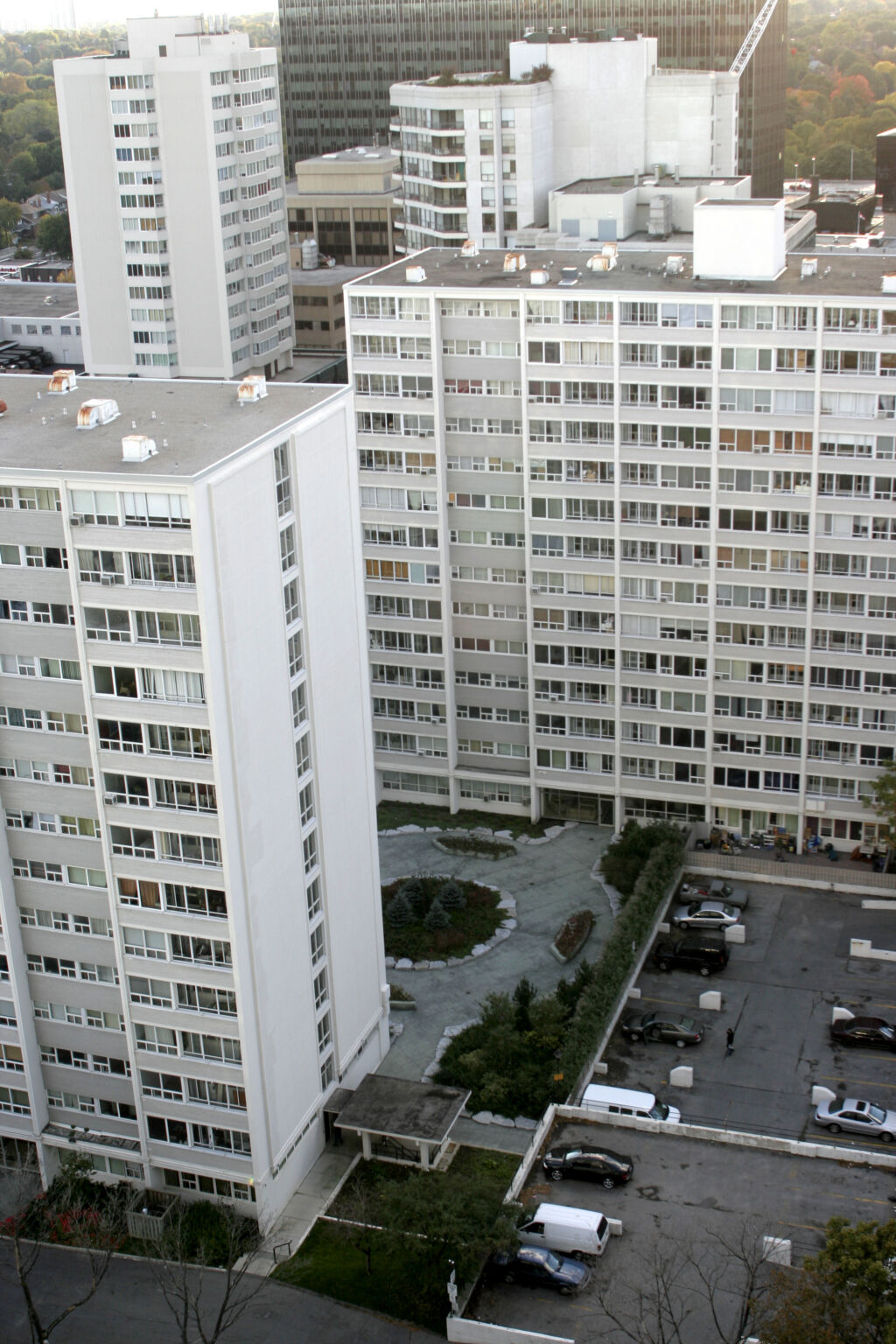38% of households in Canada rent their homes.1 All too often, when governments introduce measures to improve housing affordability, these proposals are aimed at the 62% of households who own, including renters preparing for their first home purchase.
At the end of March, however, the Trudeau government announced a plan to address Canada’s growing rental affordability crisis. The news raised some eyebrows, including those at Investment Executive. The publication’s list of concerns from the “confidence and supply” deal reached between the minority government and New Democrat caucus includes the issue of “tackling the financialization of the housing market by the end of 2023.”2
In defense of real estate investment trusts (REITs), Investment Executive (IE) argues that these property holders fill an essential need for individual investors and renters alike. REITs, they propose, provide the “little guy” a vehicle for investment that otherwise wouldn’t be accessible to them. Quoting Enzo Testa, a partner with accounting firm RSM Canada, IE argues, “People need to live somewhere, especially when they can’t afford to buy.” If the federal government was to go forward with a plan to tackle financialization in the housing market, according to IE and its sources, that would reduce the housing supply and decrease housing affordability.3
So, can the financialization of Canada’s housing stock be reined in? And how extensive is the problem currently? Global News reports that, at a minimum, 65 sitting Canadian members of Parliament hold real estate investments with the estimated number as high as 91 members.4 Martine August, an assistant professor in the school of planning at the University of Waterloo estimates that between 20-30% of Canada’s rental housing is owned by REITs.5 These holdings are a popular destination for investors, including major pension funds, like the Healthcare of Ontario Pension Plan6 and the Ontario Teachers’ Pension Plan.7 A Fifth Estate investigation reveals that the four largest REITs in Canada alone “disbursed more than $2 billion in profits to their investors between 2015 and 2020.”8
The Fifth Estate’s investigation of rental housing costs further reports that, between 2014 and 2019, rent for bachelor, two- and three- bedroom apartments in Canada’s large metropolitan areas increased nearly 20%, far outpacing wage growth.9 Research from CCPA-Ontario’s Ricardo Tranjan and Maytree’s Hannah Aldridge continues to track this trend the following year. “Between October 2019 and October 2020, average rents for a two-bedroom unit in Canada went up by 3.5%. The inflation rate for the same period was 0.7%, or five times lower.”10
Can Canada’s housing stock be reimagined? In his 2021 study, CCPA-BC senior economist Marc Lee presented a non-profit model for building rental housing in Metro Vancouver that could deliver truly affordable housing. Lee’s modelling was based on estimating “break-even” monthly rents, over 50 years, needed to support the full upfront costs of construction plus ongoing operating expenses.11 What other solutions could be leveraged to solve Canada’s affordability crisis?
The September/October issue of the Monitor explores how REITs have reshaped Canada’s rental market. We are accepting pitches that explore the above questions and beyond: What success have renter movements had in Canada and beyond standing up to REIT landlords? How has the phenomenon of renoviction reshaped the geographies of cities like Vancouver and Toronto? Can towers that have been left in disrepair be restored to decent, appropriate housing? How can communities create affordable rental housing that allows residents to age in place?
What we're looking for
We are looking for feature articles, investigative journalism, illustrations, and book reviews that are rooted in an intersectional analysis between 750-1,500 words. Your writing style should be accessible (not academic or theoretical).
The Monitor is committed to maintaining gender equity in every issue and is actively working to promote work from Black, Indigenous, and racialized writers. We prioritize publishing authors who are 2SLGBTQQIA+, disabled, fat, poor, and/or otherwise marginalized.
Pitches for the September/October issue are due June 15, 2021.
How to pitch
Your pitch should include what topic you want to cover, how you are approaching it (style, content) and your estimated word count. Please also include your relevant experience and background in writing about this topic. Pitches should be sent to monitor@policyalternatives.ca.
If you have not written for the Monitor before, please provide a link to a short writing sample.
If your pitch is accepted, first drafts are due July 15, 2021. We will work with you through the editing process. We reserve the right to edit your work.
We aim to reply to every pitch–including those that we can’t accommodate right now. However, because of time constraints and the volume of pitches we receive, we may not be able to respond to everyone. If you don’t hear back within two weeks of the pitch deadline, please assume that we were unable to accept your pitch.
We encourage you to keep reading the Monitor and pitch us again in the future!





